|
|
|
|
|
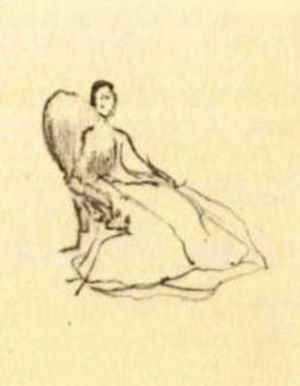 Taras Shevchenko's poem Taras Shevchenko's poem
Tsykl poeziy «V kazemati»
««Ne kydaj materi»,– kazaly...» /
««Ne kydaj materi»,– kazaly, a ty pokynula, vtekla...»
(««Не кидай матері»,– казали...» /
«Не кидай матері»,– казали, а ти покинула, втекла...)
In a prison cell, 1847.
Translated by Irina Zheleznova.
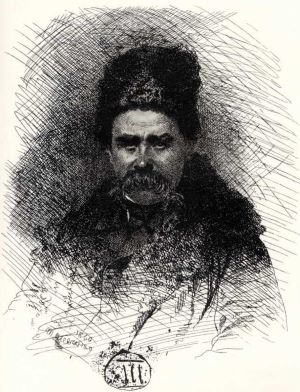 Taras Shevchenko's poem Taras Shevchenko's poem
«I mertvy`m, i zhy`vy`m, i nenarozhdenny`m zemlyakam moyim…» /
"I smerkaye, i svitaye, den` bozhyj mynaye"
(«І мертвим, і живим, і ненарожденним землякам моїм…» /
"І смеркає, і світає, день божий минає")
Vyunishcha, December 14, 1845.
Translated by Irina Zheleznova.
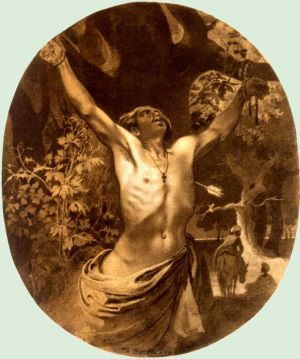 Taras Shevchenko, "The Caucasus" Taras Shevchenko, "The Caucasus"
"Kavkaz" / "Za goramy` gory`, hmaroyu povy`ti...
("Кавказ" / "За горами гори, хмарою повиті...")
Pereyaslav, November 18, 1845.
Translated by Alyssa Dinega Gillespie.
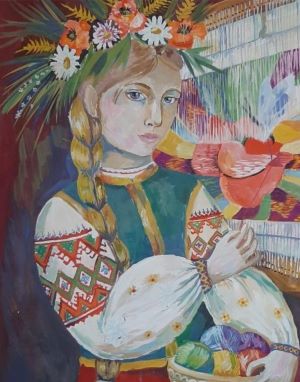 Taras Shevchenko's poem Taras Shevchenko's poem
"Divychii nochi" / "Rozplelasia husta kosa azh do poiasa"
("Дівичії ночі" / "Розплелася густа коса аж до пояса")
St. Petersburg, May 18, 1844.
Translated by Iryna Zheleznova.
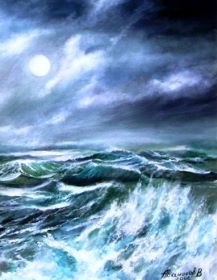 Taras Shevchenko's poem Taras Shevchenko's poem
"Prychynna" / "Reve ta stohne Dnipr shyrokyi"
("Причинна" / "Реве та стогне Дніпр широкий")
1837, S.- Petersburg, (C. - Петербург)
Translated by Irina Zheleznova.
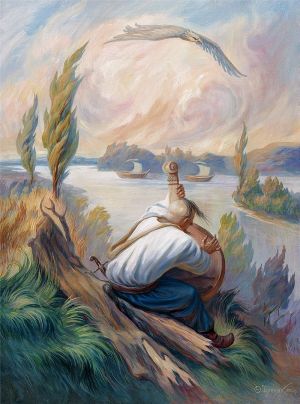 Taras Shevchenko, "Calamity Once More" Taras Shevchenko, "Calamity Once More"
"Mii Bozhe mylyi, znovu lykho!"
("Мій Боже милий, знову лихо!")
1859, S.- Petersburg (Санкт-Петербург)
(Translated by Gabriel Rosenstock)
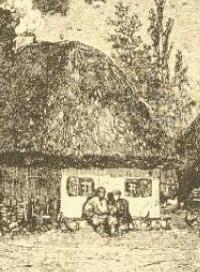 Taras Shevchenko, poem "Naimechka or The Servant" Taras Shevchenko, poem "Naimechka or The Servant"
"Naymychka" (Наймичка"), поема
("U nedilyu vrantsi-rano pole vkrylosya tumanom..." /
"У неділю вранці-рано поле вкрилося туманом...")
Pereyaslav, November 13, 1845.
Translated by Alexander Jardine Hunter
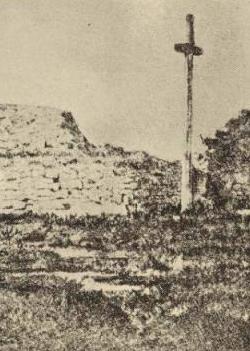 Taras Shevchenko, poem "My Testament" Taras Shevchenko, poem "My Testament"
"Zapovit" / “Iak umru, to pokhovaite”
"Заповіт" / "Як умру, то поховайте")
1845, Pereiaslav (Переяслав)
Translated by Alexander Jardine Hunter
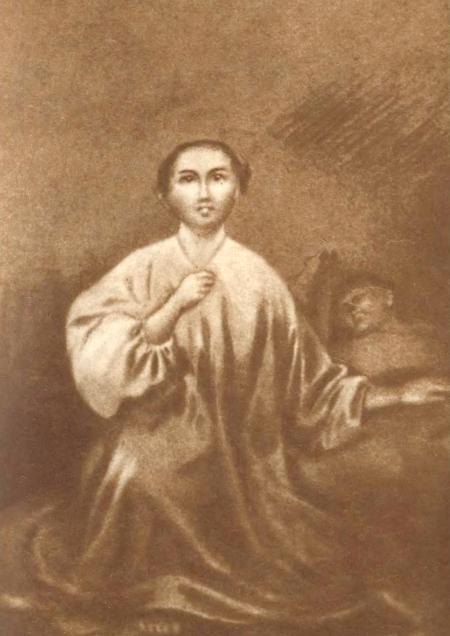 Taras Shevchenko, the poem "The Housemaid" Taras Shevchenko, the poem "The Housemaid"
"Naymychka" (Наймичка"), поема
("U nedilyu vrantsi-rano pole vkrylosya tumanom..." /
"У неділю вранці-рано поле вкрилося туманом...")
Pereyaslav, November 13, 1845.
Translated by Olga Shartse
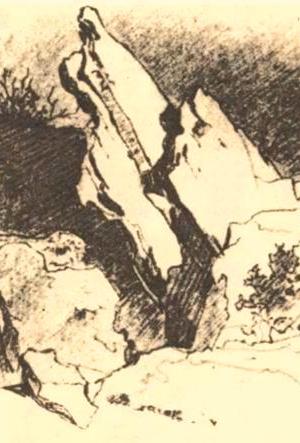 Taras Shevchenko, "The Caucasus" Taras Shevchenko, "The Caucasus"
"Kavkaz" / "Za goramy` gory`, hmaroyu povy`ti...
("Кавказ" / "За горами гори, хмарою повиті...")
Pereyaslav, November 18, 1845
Translated by John Weir
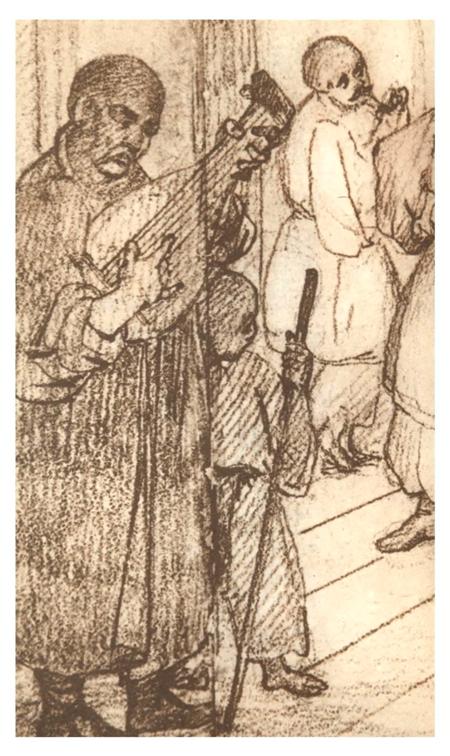
Poem of Taras Shevchenko
"Thoughts of mine, О thoughts of mine"
"Dumy moji, dumy moji, lykho meni z vamy!"
("Думи мої, думи мої, лихо мені з вами")
[1839, S.-Petersburg (Санкт-Петербург)]
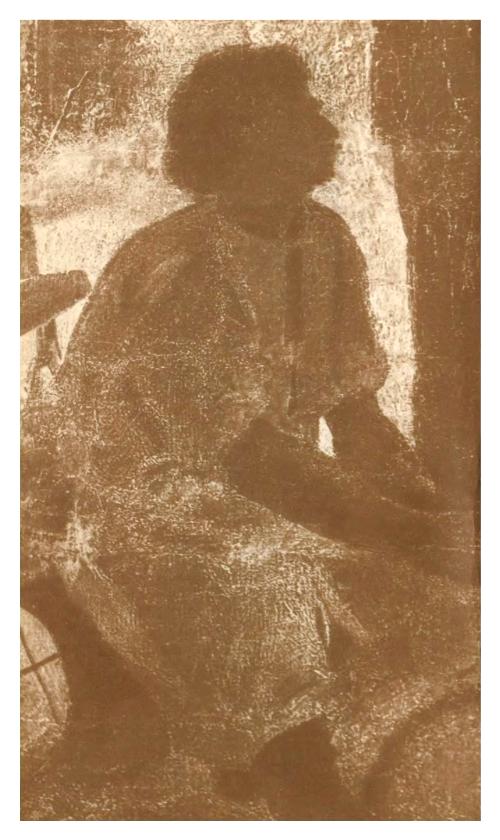 Taras Shevchenko's poem Taras Shevchenko's poem
"The Heretic" / "Bad neighbours came and sat afire"
("Єретик" / "Запалили у сусіда нову добру хату")
Village Maryinske, October 10, 1845
Translated by John Weir
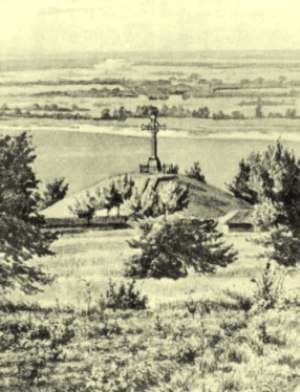 Taras Shevchenko's poem Taras Shevchenko's poem
"My Testament"
"Zapovit" / "Iak umru to pokhovaite"
("Заповіт" / "Як умру, то поховайте"),
1845, Pereiaslav (Переяслав)

Taras Shevchenko
"Kateryna" / "Kokhaytesya, chornobryvi, ta ne z moskalyamyК"
("Катерина" / "Кохайтеся, чорнобриві, та не з москалями")
1838, S.- Petersburg (С.- Петербург)
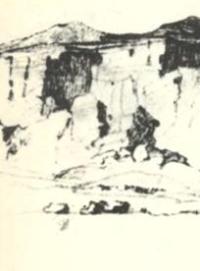 Taras Shevchenko Taras Shevchenko
"Hamaliya" / "Oh, the winds are mute, the tides do not carry"
("Гамалія" / "Ой нема, нема ні вітру, ні хвилі")
1842.
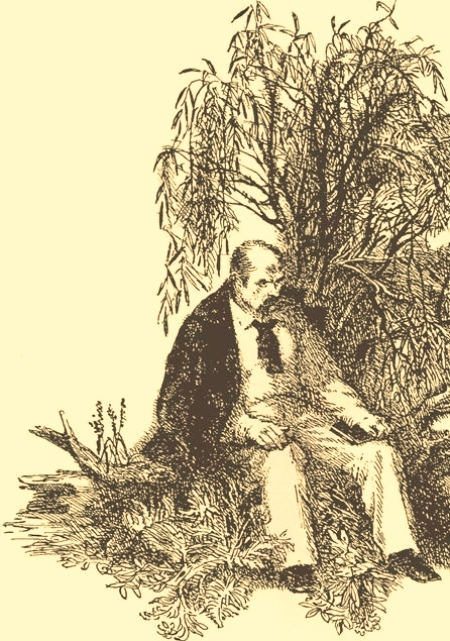 Poem of Taras Shevchenko "Katerina" ("Kateryna") in English, translated by John Weir and Mary Skrypnyk Poem of Taras Shevchenko "Katerina" ("Kateryna") in English, translated by John Weir and Mary Skrypnyk
...and other...
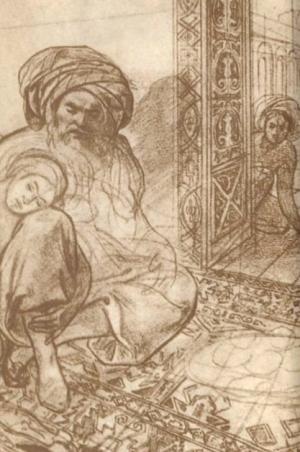 Taras Shevchenko Taras Shevchenko
"Hamaliya" / "Oh, the winds are mute, the tides do not carry"
("Гамалія" / "Ой нема, нема ні вітру, ні хвилі")
[October - first half of November, 1842]
Translated by John Weir
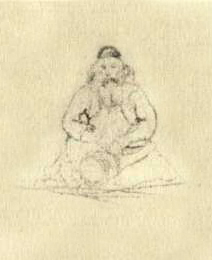 Taras Shevchenko Taras Shevchenko
"Perebendya"
("Перебендя")
1839, St.-Petersburg
(Санкт-Петербург)
Translated by John Weir
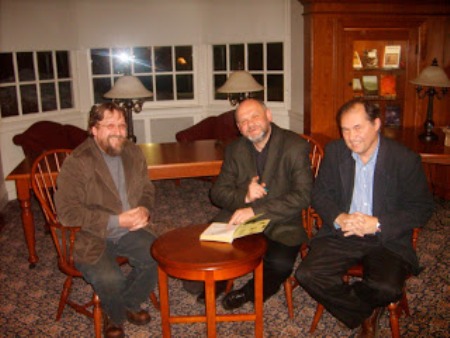
Read an interesting interview with Michael Naydan.
 Taras Shevchenko Taras Shevchenko
"Катерина", поема / "Кохайтеся, чорнобриві"
"Kateryna", poema / "Kokhaytesya, chornobryvi"
St. Petersburg, 1838
Translated by John Weir
Related tags:
|
|
|
|
|
|